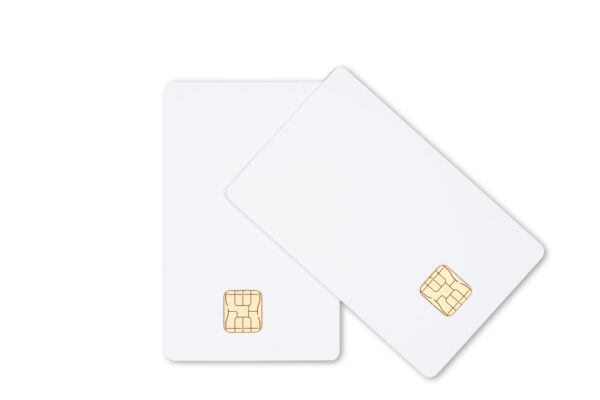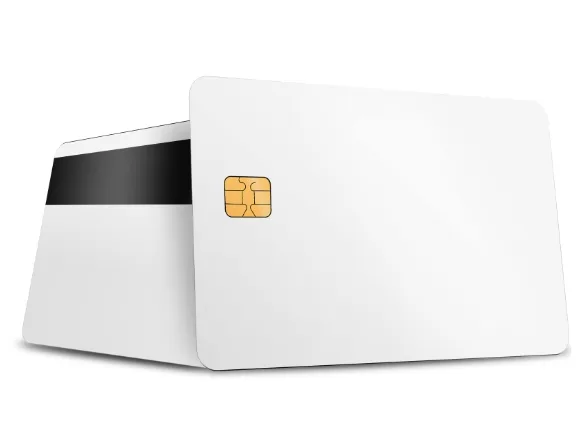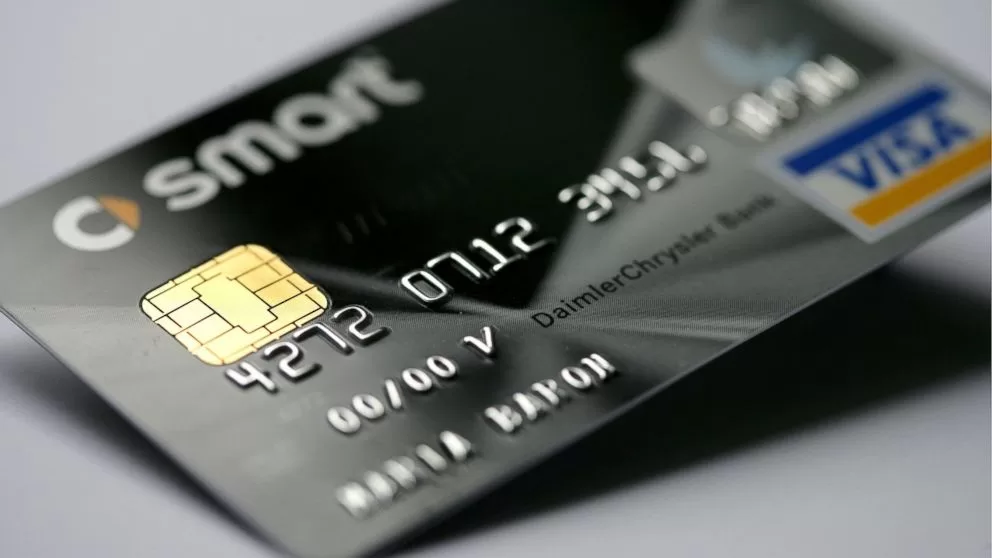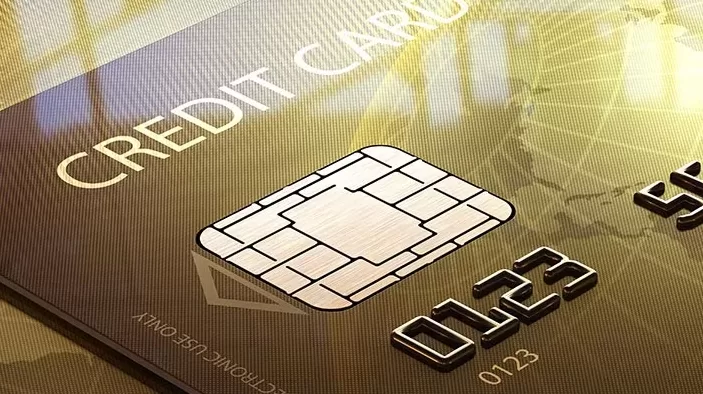
Comparison of Java chip card and EMV chip card
Smart cards are widely used in various industries, such as finance, healthcare and transportation. The two most prominent types of smart cards are Java chip card and EMV chip card. Both of them have unique features and applications that are suitable for different purposes. This guide will detail compare Java chip cards and EMV chip cards, highlighting their differences, advantages, and use cases for users needing smart cards.
Java chip card: versatility and customization
Java chip cards are characterized by versatility and customization. They are built on the Java Card platform, allowing developers to write applications using the Java programming language. This flexibility makes Java chip cards suitable for access control, loyalty programs and secure identification applications. In addition, their advantage is the ability to carry multiple applications on a single card. This multi-application capability enables enterprises to provide multiple services to customers without needing multiple cards. At the same time, the Java chip card open platform can adapt to the ever-evolving technology.

EMV chip cards: enhancing the security of financial transactions
EMV chip cards are mainly used for secure financial transactions. The EMV standard was designed to combat fraud and enhance credit and debit card transaction security. EMV chip cards contain a microprocessor chip that securely stores and processes data, making it difficult for fraudsters to clone or tamper with the card. The strong security features make it different from magnetic stripe cards that can be easily copied, and it generates a unique transaction code for each purchase. This dynamic authentication process greatly reduces the risk of credit card fraud. EMV chip cards are standard in many countries worldwide, reducing credit card-related fraud.

Different security features of the two
Both provide advanced protection against unauthorized access and fraud. However, their security methods are different. EMV chip cards focus on protecting financial transactions through dynamic authentication and encryption, making them very effective in preventing face-to-face credit card fraud. On the other hand, Java chip cards offer a wider range of security features because they can host various applications. They can be programmed with various encryption algorithms and authentication protocols to meet the specific needs of different applications. This flexibility allows Java chip cards to be used in environments that require multiple layers of security, such as enterprise access control systems and secure identification for government services.
Java chip card has the advantage of application flexibility
Application flexibility is one of its most significant advantages over EMV chip cards. While EMV chip cards are primarily used for secure financial transactions, Java chip cards can be customized for various applications. This makes them ideal for organizations that need a single card solution for multiple services. For example, Java chip cards can be issued to university students as student IDs, library cards, access cards, and payment cards for campus services. Integrating multiple applications on one card simplifies card management and improves user convenience. In addition, the compatibility of the Java Card platform ensures that it can be easily integrated into existing systems.

Industry Applications of Both
The choice between Java chip cards and EMV chip cards usually depends on the specific needs of the industry and the intended application of the card. Generally speaking, financial institutions and retailers prefer EMV chip cards because they can effectively reduce card fraud and enhance transaction security. At the same time, the widespread adoption of the EMV standard has also created a strong infrastructure for processing EMV transactions, making it one of the reliable choices for financial applications.

In contrast, industries such as education and healthcare that require multi-functional cards are more suitable for Java chip cards. Customizing and updating Java chip cards makes them suitable for flexible and adaptable applications. For example, Java chip cards can store patient information, facilitate secure access to medical records, and make payments on one card.

Make the right choice based on industry and needs
Java chip cards and EMV chip cards offer unique benefits and features catering to different needs and industries. EMV chip cards are better suited for secure financial transactions. In contrast, Java chip cards offer greater flexibility and customization options, making them ideal for organizations that need a multi-functional card solution. When choosing, it is important to consider your industry’s specific requirements and the card’s intended use.


